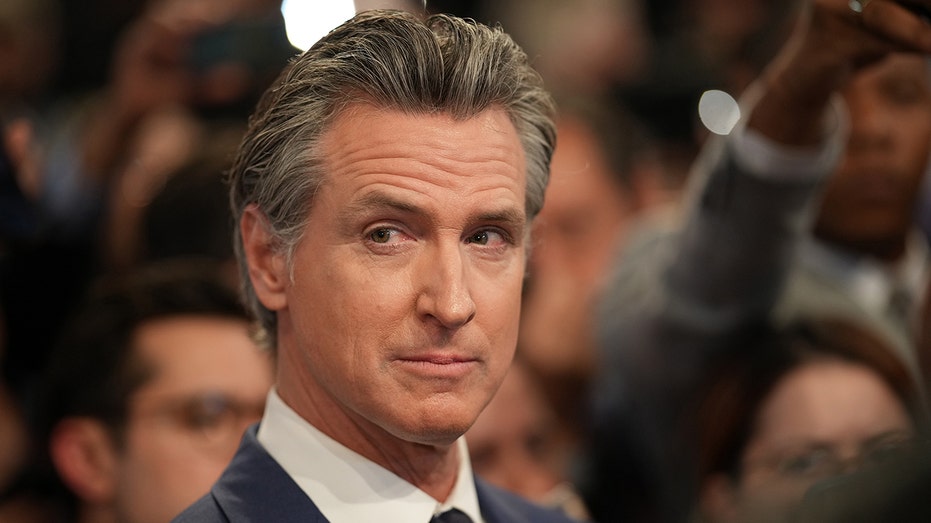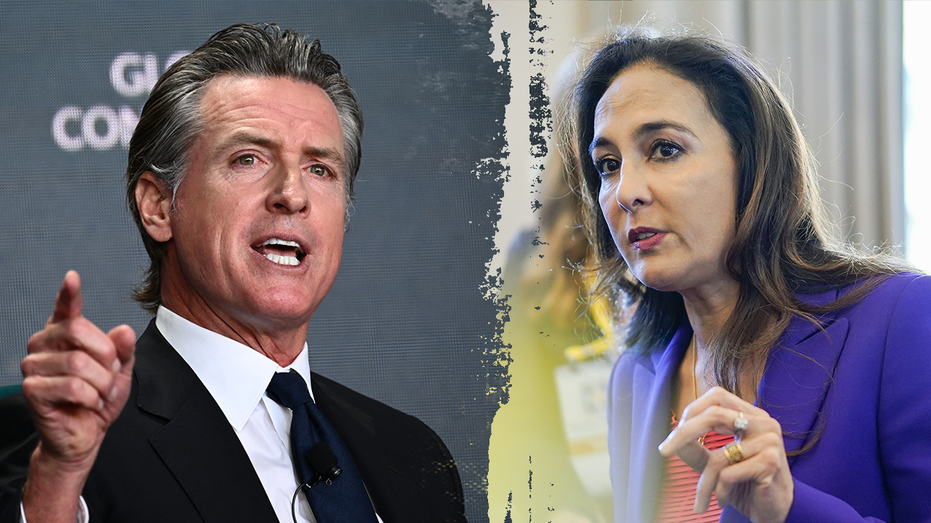Gavin Newsom Proposes $2,000 Asset Test to Curb Rising Medi-Cal Costs in California
California Governor Gavin Newsom proposes reinstating asset tests for Medi-Cal to curb rising program costs for low-income, disabled, and elderly residents.

California Governor Gavin Newsom has unveiled a plan to reinstate an “asset test” for seniors applying for Medi-Cal, the state’s Medicaid program for low-income residents. This move comes in response to a mounting budget deficit and a dramatic surge in healthcare costs that threaten the sustainability of the program.
Under the new proposal, seniors seeking Medi-Cal benefits would be required to prove they have less than $2,000 in total assets in order to qualify for the program. The asset evaluation would include bank account balances, cash on hand, a second vehicle, the value of their home, and retirement accounts. Individuals or couples whose assets exceed this threshold would become ineligible for critical healthcare coverage, potentially impacting thousands of vulnerable Californians.
Governor Newsom cited several factors as driving up the costs of Medi-Cal, including increased overall enrollment, rising pharmacy expenses, and higher managed care costs. In a statement, he pointed to policy changes such as the expansion of full-scope coverage to all income-eligible Californians — regardless of immigration status — and the previous elimination of the asset test for adults as significant contributors to the fiscal strain. Medi-Cal spending has ballooned by $20.5 billion over the last decade, with total costs reaching $37.6 billion in the past year alone. Without intervention, expenditures could rise by another $10 billion in the coming year.
According to Newsom, bringing back the asset test could save $94 million in the current fiscal year and amount to $791 million in savings by the 2028-29 fiscal year. These measures are part of his broader strategy to address the shortfall, which also includes freezing new Medi-Cal enrollments for adults living in California without legal status. The governor emphasized the difficult nature of these decisions, stating, “None of this is the kind of work you enjoy doing, but you’ve got to do it. We have to be responsible. We have to be accountable. We have to balance the budget.”
The proposal has drawn swift criticism from advocacy organizations, including Disability Rights California, which warned of the “tremendous harm” the asset test would cause. The group stated that the policy would “effectively demand extreme poverty in order to continue receiving critical healthcare,” disproportionately hurting disabled, low-income, and elderly populations. Their statement reflects growing concern that such cuts could jeopardize access to essential services, including in-home support for seniors and individuals with disabilities.
As debate intensifies over looming cuts to health and human services, lawmakers and community groups are pressing for audits and more transparent discussion about the future of Medi-Cal spending. The proposed asset test marks a return to eligibility standards that were only recently eliminated, highlighting difficult choices California faces as it struggles to close its budget gap while maintaining vital support for its most vulnerable residents.




